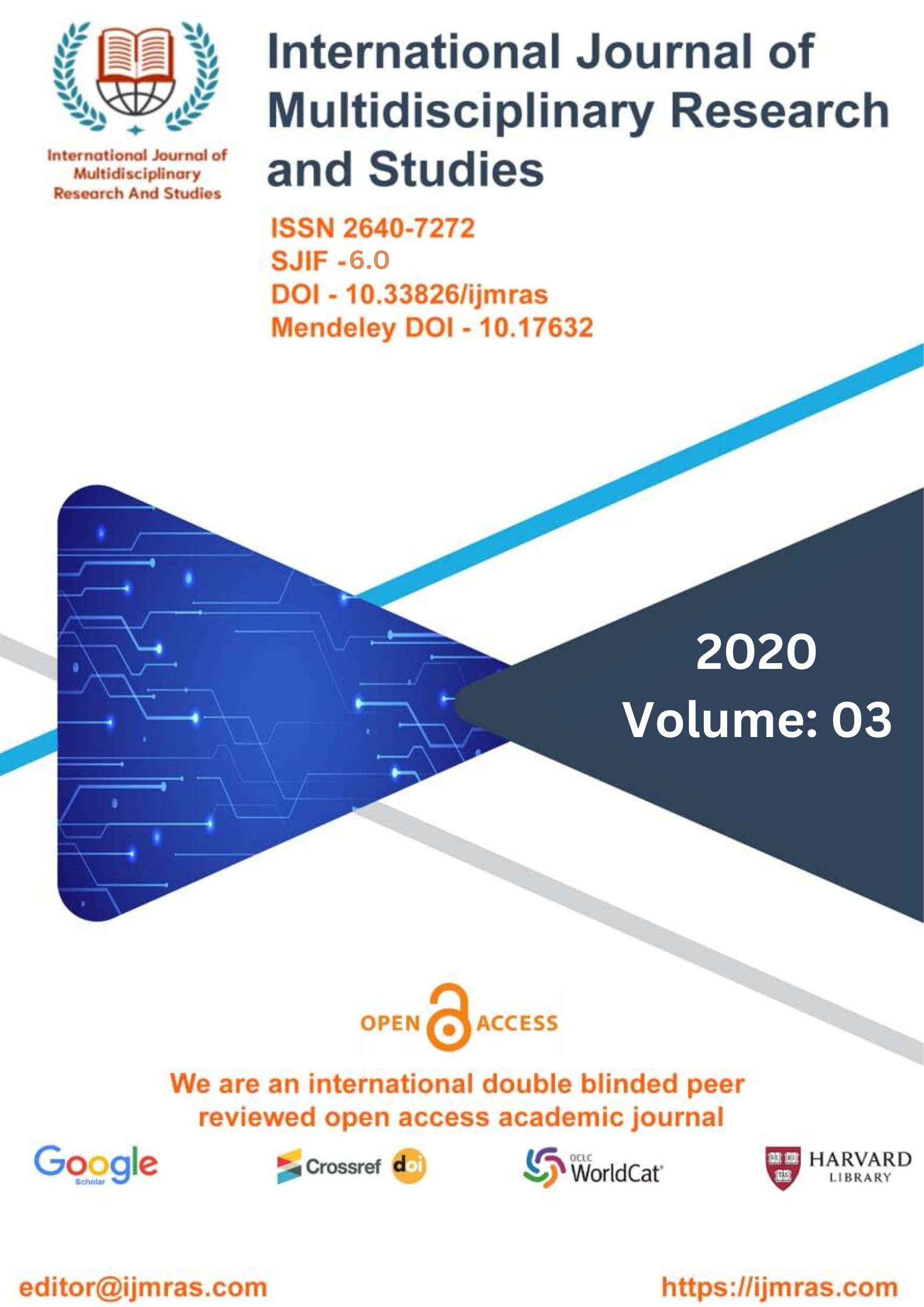AN INVESTIGATION TO THE CAUSES OF MASS FAILURE IN EXTERNAL EXAMINATION

Abstract
The dismal performance of secondary school pupils in certificate tests, with a particular emphasis on the English language, has been roundly criticized on an ongoing basis by a large number of concerned individuals as well as organizations. In point of fact, governments, educational groups, and parents express their concern on an annual basis over the declining performance of their children and grandchildren in these tests. Due to the significant role that the English language plays in the overall educational development of pupils, poor performance in the English language may be immensely irritating for many stakeholders. For example, admittance to higher education institutions is not feasible without a passing grade in English. Having a solid command of the language also makes it easier for students to understand the material covered in other classes. When it appears to everyone that governments at all levels are doing everything possible to improve the situation, the issue of poor performance in English becomes increasingly concerning. This is especially the case when it seems to everyone that governments at all levels are doing everything possible to improve the situation.
Given that the English language is accorded a prominent position in the National Policy on Education, what are your thoughts on this matter? What are your thoughts on the increased amount of time on the school schedule designated for the instruction of the English language (as well as mathematics)? Because the majority of communication that takes place between kids in a school setting is carried out in English, that language is always being utilized. In spite of everyone's best efforts, the pattern of inadequate performance in English language classes has continued to deteriorate.
Keywords
Policy on Education, Majority of Communication, Education InstitutionsHow to Cite
References
About NECTA – The National Examination Council of Tanzania.
Akinola, B.M A (2006), Causes of Mass Failure in senior secondary schoo Chemistry in Ijebu. .East Local Government Area of Ogun State. Oro Science Education journal, 4 (5&6, 19.
Castejon, S. and Perez, A. M. 1998, A casual-explicative model of psychosocial variables in academic performance. Revista Bordon, 50 (2).83
Clarence, L. & Barnhart (1970), The World Dictionary. Merchandise Plaza, Chicago.
Cohen, L.,Manion, L. and Morr, K. (2001), Research Methods in Education: London: Root Ledge
Craig, H., Kraft, R. and du Plessis, J. (1998), Teacher development. Making an impact. Washington, D.C: Academic for Education Development, ABEL clearing house forBasic Education.
Cummins, J. 1994, The empowerment of Indian Students. In Reyhner, J. Norman: University of Oklahoma Press
Cunningham, R. (1989), The Zanzibar English Language Improvement Program. Ministry of Education Zanzibar.
Engelbrecht, P., Kruger, S.M. and Booysen, M.T. (1996), Perspective on learning difficulties. International concerns and South African Realities. Pretoria: Van Schaik Publishers.
Fagason E. & AbdulSharif, (1992), Zanzibar Under Colonial Rule. James Curry Publisher.
Haroun A. S. (1995), Education in Zanzibar, Zanzibar Education Act of 1982 / Education fact sheets) SACMEQ 1995-2013.
Jenifer, K. R. (2003), Teacher Quality: Understanding the effectiveness of teacher attributes. retrieved on 04/07/2011
Kothari, C.R. (1995). Research Methodology: Methods and Techniques, Wiley Eastern, New Delhi.
Kothari, C.R. (2004), Research Methodology: Methods and Techniques, New Age International (P) Ltd, New Delhi.
Krishnaswami, O.R (2002), “Methodology of Research in Social Science. Delhi. Himaya
License
Copyright (c) 2020 SANYOG KUMAR PREMI

This work is licensed under a Creative Commons Attribution 4.0 International License.
Individual articles are published Open Access under the Creative Commons Licence: CC-BY 4.0.




